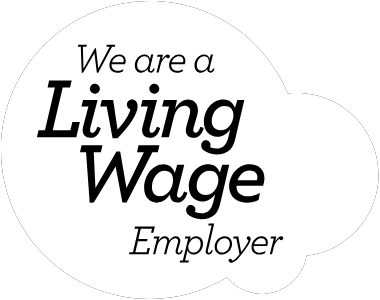Welcome to the third takeaway from the panel event of 27th March, which we at Wilful Group convened alongside private equity firm, Future Business Partnership about diversity and inclusion and sustainability best practise: D&I and Sustainability: Is it time to break down the silos?
With the help of an expert panel, we set out to explore whether closer collaboration between the business functions of diversity, equity & inclusion, and sustainability could help accelerate the transition to a fairer and more sustainable economy.
On that panel were Beth Powell, VP People and Reward, Natura & Co and Avon, Katy Talikowska, CEO Valuable 500, Tracey Huggett, Co-founder and Managing Partner, Future Business Partnership, and Angela Farrugia, Non-Exec Board Director, INSPECS plc, Prota Fiori and LØCI. It was moderated by Managing Editor of Raconteur Media, Fran Cassidy and opened by our own Narda Shirley, co-founder of Wilful Group (a B Corp) who grounded the topic in our team’s experience and observations from working alongside innovators.
It was clear, in the experiences of the panel, that D&I and Sustainability present a huge opportunity for disrupter brands, but how do incumbents keep pace if it hasn’t been baked in from the start?
Angela opened with observations from degree shows of fashion students she coaches and lectures at Central St. Martin’s noting how inclusive the catwalk shows were, with lots of visible diversity complemented by the use of new sustainable materials which was ‘business as usual’ amongst the up-and-coming generation of fashion entrepreneurs. Young designers and founders have sustainability and DEI baked into their business model and are building cultures that don’t have a concern with greenwashing because it is genuine and because they want to shout about what’s different and new and disruptive.
Tracey noted the huge opportunity for younger disruptor brands to make the foundations of DEI and Sustainability their USP but drew on the importance of incumbents and established brands getting it right to future proof the value of their business. Her challenge to all businesses is to ask “Will you still be valuable in 10 years time if you don’t get DEI and sustainability right?”
To this point Katy added, “it is not just a business opportunity, but a business imperative.”
Future Business Partnership views sustainability and inclusivity as a key part of a value creation strategy, believing that the two are essential for building future-proofed brands. Tracey also believes that brands need to be more activist and campaigning, especially when they are B Corps carrying an ethical certification (and regardless of size)– they need to communicate that to consumers.
To support innovation to enable ideas to be heard no matter where they come from in the business, Beth stressed you can teach leadership and help even the most alpha personality types to subsume ego to accept feedback and redefine the definition of performance with clear development plans.
Angela also stressed that education is key, especially when business is tough as it is at the moment. In her view, there is a whole generation of leaders that look for the bare minimum requirements to keep up with competitors and called for bravery from bigger businesses to focus on what is right for the planet and for business, rather than merely keeping on par with the competition. She made a strong case to keep making the connections between sustainability innovation and commerce demonstrating that brand value increases as a result of all this effort.
In the next blog, we will be looking at key tools to drive internal change, from having the ear of the CEO, to remuneration.






